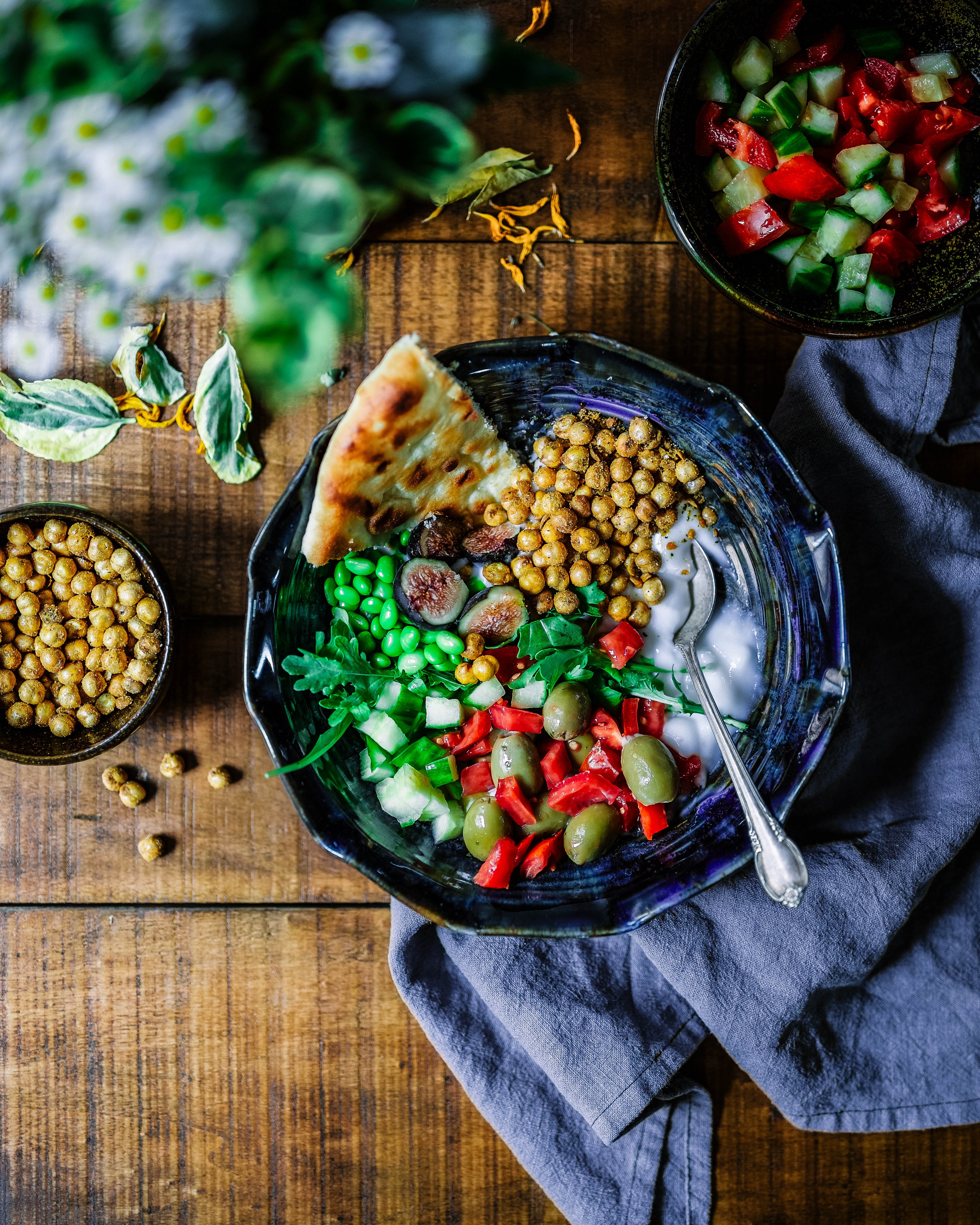
This blogpost is also available in German / Deutsche Version hier!
When is the best time to try a vegan challenge? The beginning of the new year, if possible during Veganuary 🙂 Veganuary? What’s that? It’s actually quite simple: Veganuary = Vegan + January. The idea is to try to eat completely vegan for the month of January. After January, there is no further obligation and a complete change of lifestyle isn’t necessary. Veganuary is just a kind of challenge to test the vegan diet for 31 days, to test recipes and to try new things.
On Instagram (you can also always contact me there), 95% of you were actually interested in Veganuary. As promised, today I will give you all the tips that may help you in Veganuary!
Today we start with part I: Preparation: Read and Research (helps to make informed decisions and stay motivated!)
Many who are new to Veganuary may wonder what is the point of Veganuary? I will try to be as undogmatic as possible, but I still want to share some facts with you. Integrating more vegan dishes into everyday life and significantly reducing animal products is better for our environment. The amount of animal products that we consume, especially in industrialised nations, damages the environment and animals. I already laid out some of the facts in my last blog post, but here they are again because they are so important:
- If we continue with our western diets, greenhouse gases will increase 80-90% from food production by 2050 (sources here and here)
- More than 80% of farmland is used for livestock, but it produces only 18% of the calories and 37% of the protein intake we consume in the world (source)
- Overall, food production accounts for 26% of global greenhouse gas emissions and consumes about 43% of usable land, which is non-ice-covered land or not desert landscape (source)
- Regarding Health and Climate Change: ‘We project that health and climate change benefits both contribute to the lower the fraction of animal-sourced foods in our diets.’ (source)
- And if we want to limit deforestation, which is necessary to preserve biodiversity, then a mainly vegan diet is the only truly feasible form of nutrition to achieve that, if we also want to adequately feed the world’s population (source)
Reading and informing yourself is the key. When I became vegan, I managed all the scepticism and annoying questions just because I read a lot of books and peer review studies and was able to answer every criticism. If you don’t feel like reading, then at least check out some informative videos, podcasts or documentaries. Don’t get all the information from bloggers like me. That shouldn’t sound so negative, but I only share my experiences and talk about my favorite research sources. I am not a nutritionist, but my opinion is that scientific thinking is very important. You don’t have to go to university for that. Scientific thinking simply means gathering information from different sources in order to get a comprehensive picture of a topic and to include all facets of the topic, fact-based thinking, being critical, freeing yourself from your confirmation bias, etc.
Your questions about a Plant Based Diet: I’ve already answered 100 questions from you guys from Instagram about vegan nutrition in these two blog posts, here and here. Maybe that will help you a bit, or maybe your biggest questions will already be answered. In any case, I think these two articles are the perfect jumping off point.
![]()
Books I can recommend about vegan nutrition:
- Eating Animals, Jonathan Safran Foer – With this book I made the connection between pets and farm animals. If I didn’t eat dogs and cats, why can I be ok with eating pigs and cows? The author deals with the topic of factory farming in the book and even if it is very USA-centered, it is very revealing.
- Vegan Klischee, Ade, Niko Rittenau (German only, it’s currently getting translated) – If you are looking for a book with all the latest scientific findings on the topic of vegan nutrition, then you have come to the right place. Niko explains how an optimal vegan diet is structured and also clears up myths and clichés about the vegan diet.
- The China Study, T. Colin Campbell – This book is already a little older, but the experimental studies and clinical studies were super insightful and exciting and made me deal with the topic more and more 9 years ago.
- Skinny Bitch, Rory Freedman – I know the title sounds a bit diet-like, but that’s not how the book worked for me. Instead, it educated me about the terrible conditions of factory farming. Terrifying stories, but unfortunately everyday life for almost all farm animals …
- How Not To Die, Michael Greger M.D. – also a very scientifically structured book. Greger of course also has a certain bias, so of course there is a positive attitude towards the vegan diet, which is often criticized in this book, but he also often admits in the book that many findings still need further studies, but that e.g. a handful of blueberries a day doesn’t hurt either.
Cookbooks: There are countless vegan cookbooks on the market, but some are quite complex in terms of ingredients. Back then I started out vegan in a very small town as a student. That’s why I needed simple recipes. Here are a few books that I can highly recommend:
- The UnCheese Cookbook, Joanne Stepaniak – not the “prettiesz” book, to be honest, but it contains a lot of different vegan cheese recipes, from ricotta, pizza cheese, fondue, nacho cheese to recipes for vegan slice cheese!
- The Vegetarian Kitchen, Melissa Bushby – At first glance “only” vegetarian, but all recipes are vegan, perfect for beginners, super easy and cheap.
- Ohsheglows Cookbook, Angela Liddon – Among other things, through Angela Liddon from the Ohsheglows blog, I first became vegan, so of course I had to mention her book 🙂
- Vegan Yum Yum, Lauren Ulm – This book is also one of my first vegan cookbooks, very detailed and as a beginner I learned a lot about vegan cuisine through this book!
Vegan documentaries – frankly, I’ve only watched a few vegan documentaries, because reading is enough for me. For many, information is better remembered via video. Therefore here is a small but good list:
- What the Health – Netflix or via Vimeo: This document deals with the health consequences of diets rich in animal products and their impact on chronic diseases such as cardiovascular diseases, cancer or diabetes.
- Forks over Knives – Netflix or online: A documentary that recommends a wholesome, plant-based diet as an ideal form of nutrition, a little older, but still informative.
- Earthlings – also about Vimeo – I honestly haven’t watched, but is recommended by many vegans. The documentary clarifies the bad conditions in factory farming and in the field of animal experiments.
- Cowspiracy – I did not watch this film either, but the documentary deals with the impact of livestock farming on the environment.
- Game Changers – this is primarily about the advantages for athletes that the vegan diet brings with it and clears up myths and clichés
Vegan Support-Groups
- There are already a few Veganuary Facebook support groups, e.g. Veganuary
- Check out the official veganuary page!
I hope I could help you a bit and did not overload you with too much information! Leave your feedback, your requests, etc.! I am looking forward to the conversation!
Tomorrow I will share the perfect list for your vegan pantry, so you will not be too overwhelmed at the supermarket. So stay tuned 🙂
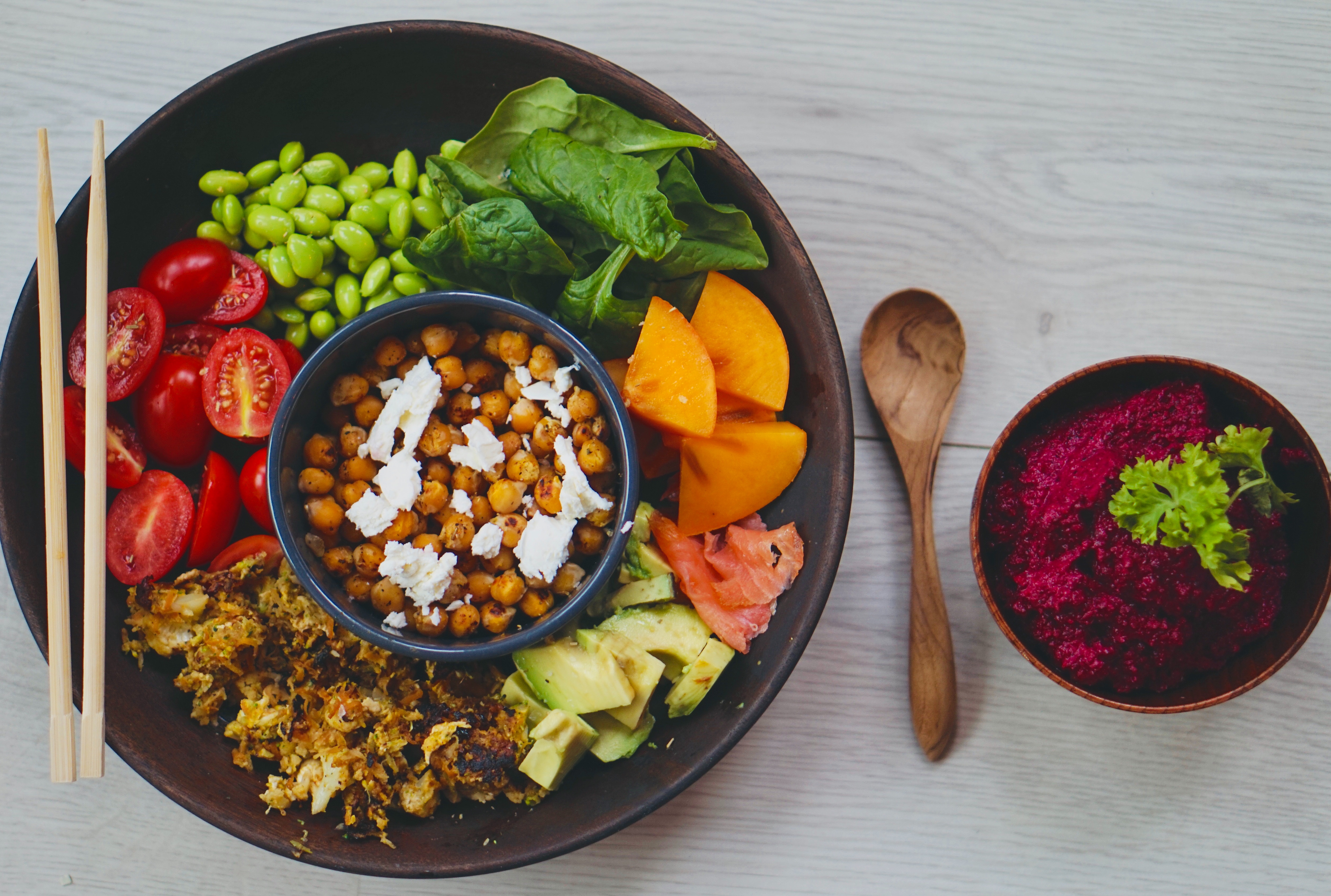
PS: You can read about why I started eating vegan here!
PPS: You can also always contact me with feedback or questions on Instagram!
PPPS: Photo credits: Edgar Castrejon via Unsplash, as well as Charlotte Karlsen, Anna Pelzer & rawpixel

 Deutsch
Deutsch

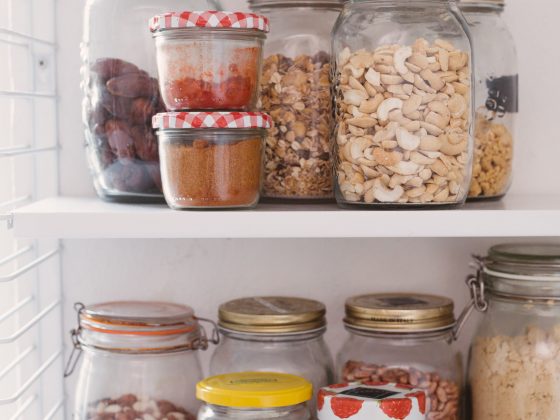
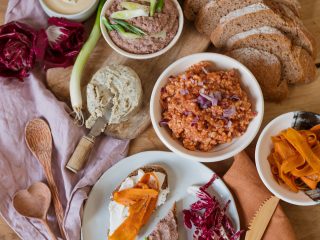
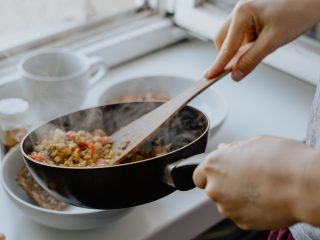


17 comments
Toller Beitrag !! Danke !
freut mich!
Richtig gut ist auch 100affen.de, super tolle vegane Rezepte-Community. 🙂
super, vielen lieben DanK!!!
Was für ein toller Beitrag! Ich ernähre mich ja schon länger vegan. Zu Beginn wusste ich wirklich nicht was ich kochen sollte, mittlerweile habe ich schon einige Rezepte parat. Ich versuche mich außerdem gesund und ausgewogen zu ernähren, supplementiere aber trotzdem Vitamin B12 von https://www.vitaminexpress.org/de/.
Liebe Grüße,
Livia
danke für diese tipps! ich lebe bereits vegan und bin aber trotzdem immer wieder an büchern etc. interessiert, um mein wissen zu erweitern 🙂
happy monday und liebe grüsse
carla
https://carlakatharina.com
great information thank you
Ich würde echt gerne auf vegan umsteigen, weiß jedoch nicht, ob das geht, da ich keinen Lauch, keine Zucchini, keinen Kohl mit Ausnahme von Sauer-und Rotkraut und mit Ausnahme von Kohlrabi, keinen Spargel, keinen Spinat, keinen Wirsing, keinen Brokkoli und keine Aubergine esse. Ich würde mich echt freuen, wenn mir jemand sagen könnte, ob das trotzdem geht. Vielen Dank schon mal im Voraus,
Rhabarber
Zuhause geht das auf jeden Fall! Unterwegs kann das natürlich schwieriger werden, aber nicht unmöglich, aber da kannst du ja auch mal Ausnahmen machen! Viel Erfolg!